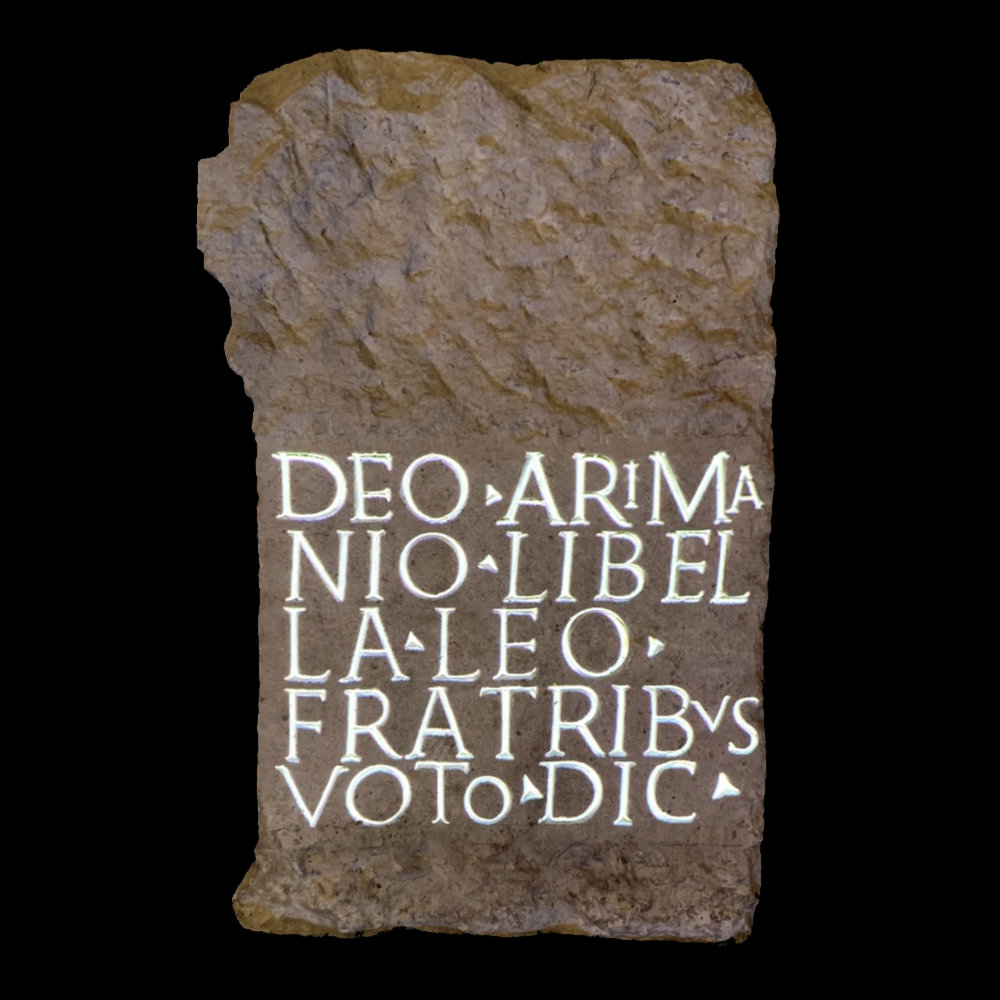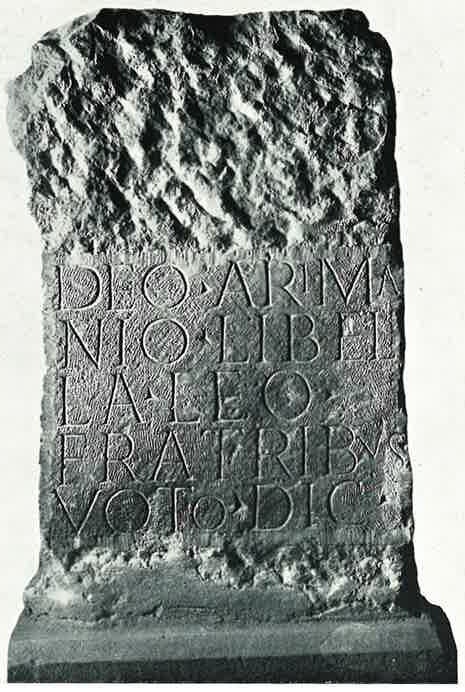Monumentum
Altar of Libella, Budapest
The dedicant of this altar to the god Arimanius was probably a slave who held the grade of Leo.
The New Mithraeum
9 Feb 2022
This altar, reworked for later use as a building block, was discovered in 1855 in Budapest at 150 Szentendrei Street, near the north ramparts of the Roman colony of Aquincum, the capital of the province of Pannonia Inferior, which was home to an important military camp (castrum). A votive text of five lines, all complete, in letters originally painted red, was inscribed on the monument's front:
Deo Arima/nio Libel/la leo / fratribus / voto dic(avit).
'To the god Arimanius, Libella, a Lion, dedicated this as promised for his brothers.'
Libella, probably a slave, held the grade of Lion (Leo)…
Deo Arima/nio Libel/la leo / fratribus / voto dic(avit).
'To the god Arimanius, Libella, a Lion, dedicated this as promised for his brothers.'
Libella, probably a slave, held the grade of Lion (Leo)…
The full article is reserved for our members.
Log in or create a free account to access the entire site.


